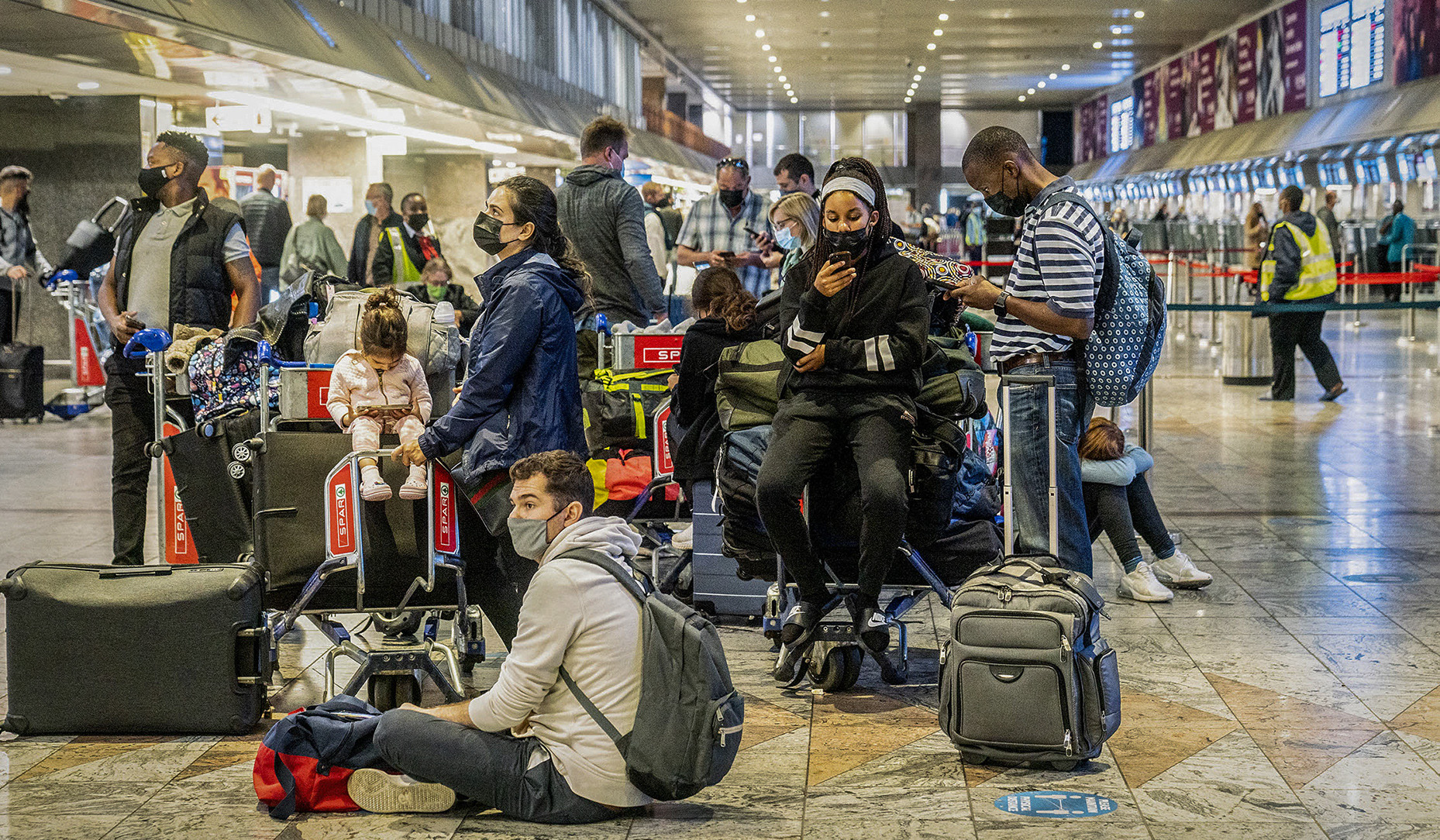The implementation of travel bans, a policy measure aimed at restricting or controlling the movement of people across borders, has become increasingly prevalent in response to various geopolitical, public health, and security concerns. A travel ban may target individuals from specific countries or regions deemed to pose a threat or risk to national security, public health, or other national interests. While the rationale behind travel bans may vary, their implementation can have far-reaching consequences for individuals, communities, businesses, and international relations.

The Evolution of Travel Bans
Travel bans have a long history dating back centuries, with governments and authorities imposing restrictions on the movement of people for various reasons, including disease outbreaks, political conflicts, and security threats. In recent years, the proliferation of globalization, increased mobility, and advancements in transportation technology have heightened concerns about the spread of infectious diseases, terrorism, illegal immigration, and other transnational challenges, prompting governments to implement more stringent border control measures, including travel bans and restrictions.
The Rise of COVID-19 Travel Bans
The emergence of the COVID-19 pandemic in late 2019 sparked a wave of travel bans and restrictions worldwide as governments sought to contain the spread of the virus and protect public health. Initially, travel bans targeted countries and regions with significant outbreaks of COVID-19, restricting entry for foreign nationals and imposing quarantine measures for returning residents and travelers. As the pandemic evolved, travel bans expanded to include additional countries, travel corridors, and modes of transportation, disrupting global travel and commerce on an unprecedented scale.
Understanding the Implications of Travel Bans
Economic Disruptions and Losses
One of the most significant implications of travel bans is the disruption they cause to global travel, tourism, and trade, leading to economic losses for countries, businesses, and industries reliant on international travel and mobility. The tourism sector, in particular, has been severely impacted by travel bans, with airlines, hotels, restaurants, attractions, and other tourism-related businesses experiencing plummeting revenues, layoffs, and closures due to a sharp decline in visitor arrivals and spending. Additionally, supply chains, logistics networks, and global trade have been disrupted, affecting the movement of goods, services, and commodities across borders.
Social and Cultural Isolation
Travel bans can also contribute to social and cultural isolation by limiting opportunities for cross-cultural exchange, collaboration, and understanding between people from different countries and backgrounds. The inability to travel freely deprives individuals of the chance to explore new places, experience diverse cultures, and connect with people from around the world, stifling personal growth, enrichment, and mutual respect. Moreover, travel bans may exacerbate feelings of isolation, xenophobia, and discrimination, as certain groups or nationalities are unfairly stigmatized or scapegoated for public health or security concerns.
Diplomatic Tensions and Frictions
The imposition of travel bans can strain diplomatic relations and exacerbate tensions between countries, particularly when travel restrictions are perceived as discriminatory, arbitrary, or disproportionate. Diplomatic disputes may arise when countries retaliate against each other’s travel bans with reciprocal measures, leading to a tit-for-tat escalation that further undermines bilateral or multilateral cooperation and dialogue. Moreover, travel bans may complicate diplomatic efforts to address shared challenges such as public health emergencies, humanitarian crises, and security threats, hindering international cooperation and collective action.
Navigating the Legal and Ethical Dimensions
Legal Challenges and Human Rights Concerns
Travel bans raise complex legal and ethical questions regarding individual rights, freedoms, and protections under domestic and international law. Critics argue that travel bans may infringe upon fundamental human rights, including the right to freedom of movement, non-discrimination, asylum, and due process, particularly when they target specific nationalities, ethnicities, or religious groups. Legal challenges to travel bans have been mounted in various jurisdictions, with courts and human rights organizations scrutinizing the legality, proportionality, and necessity of such measures in light of their potential impact on individuals’ rights and liberties.
Ethical Considerations and Public Health Imperatives
While travel bans may raise legitimate concerns about human rights and civil liberties, they also serve as a tool for protecting public health and safety during times of crisis. Governments have a responsibility to implement measures that safeguard the health and well-being of their citizens and residents, including controlling the spread of infectious diseases and mitigating the risk of outbreaks. Ethical considerations surrounding travel bans include balancing the need for public health protection with respect for individual rights, ensuring transparency, accountability, and proportionality in decision-making, and minimizing harm to affected individuals and communities.
Balancing Security and Mobility
Finding the right balance between security and mobility is essential for crafting effective and equitable travel policies that address legitimate concerns while upholding democratic values and human rights. Governments must weigh the potential security risks and public health threats posed by unrestricted travel against the benefits of open borders, cultural exchange, economic prosperity, and international cooperation. This requires a nuanced and evidence-based approach to border management, risk assessment, and crisis response that takes into account the diverse and interconnected nature of global mobility and the complex challenges facing the modern world.